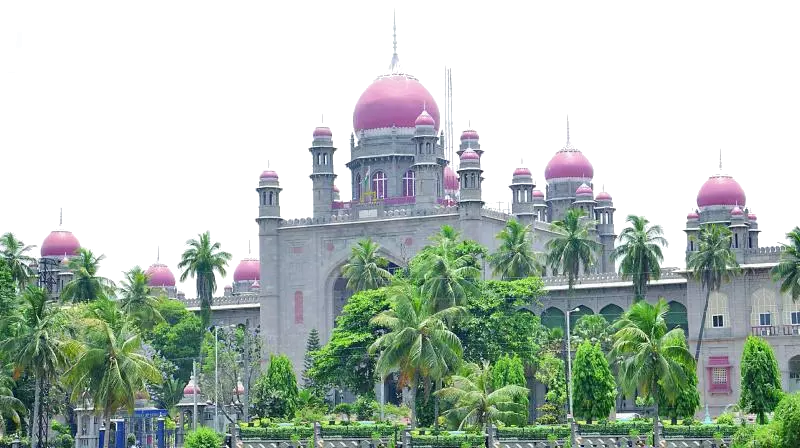Privatised AI and RTI Act Purview: HC to Hear Appeal

HYDERABAD: A two-judge panel will hear a writ appeal on the issue as to whether Air India after privatisation is still subject to provisions of the Right to Information (RTI) Act. The management of Air India Limited filed the appeal challenging an order of the single judge requiring it to provide all information as required by the applicant under the RTI Act. Uma Devi had moved the airline’s information officer seeking details with regard to the Provident Fund and other aspects pertaining to her deceased father. When the application was disposed of saying that the amount was paid, she moved the appellate authorities. Pending the second appeal, the present writ petition was filed. The single judge said the order passed by the regional director, and appellate authority of Air India, was a cryptic order that was passed in haste, mechanically, without looking into the relevant records or documents and needed to be set aside. The matter was remanded back to the respondent for deciding the appeal on merits and in accordance with the law within three weeks. Air India is up in appeal contending that the RTI Act provisions would not apply as it was not a state. Since the appeal was filed with a delay of over 300 days, the bench granted time to the writ petitioner to file its response.
Justice P. Sam Koshy of the Telangana High Court, considering the exceptional hardship as well the necessity to exercise its discretion, granted the parties a waiver of the mandatory one-year waiting period for filing the divorce petition under Section 14 of the Hindu Marriage Act. The judge was dealing with a civil revision petition filed by the husband, challenging an order of refusal to waive the one-year waiting period before filing a petition for divorce on mutual consent. It was the case of the petitioners that they continued their marital life for a few months and thereafter differences arose between them due to health problems and impotence. The petitioners were unwilling to continue their relationship. The court below while considering the petition filed by the parties for waiver of the waiting period was of the opinion that the period of one year of living separately under Section 13(B) of the Act was a part of the substantive law for seeking divorce by mutual consent and not a procedural formality that could be done away with. It also held that the condition is not directory but mandatory. Justice Sam Koshy, allowing the revision petition, said, “Both parties are unequivocally in agreement about their divorce decision and there seems to be no possibility of reconciliation. Their mutual consent for divorce underscores the irreparable breakdown of their marriage. Further adding to the complexity of the situation is the fact that petitioner no. 2, who is 40 years old, has received marriage proposals and is keen on remarrying. Her decision is fuelled by the potential biological complications associated with pregnancies at her age. She is acutely aware of the higher risks of miscarriage and potential complications during delivery that can occur with pregnancy at her age. Therefore, she wishes to remarry as soon as possible to mitigate these risks at the earliest. Since they have already completed their ten months waiting period and just about two months’ time is left to complete the waiting period, they have already waited for the substantial part of the statutory waiting period”
He added “These elements of hardship are not merely ordinary discomforts of life, but situations of extraordinary burden that will gravely affect the petitioners and their future life.”
